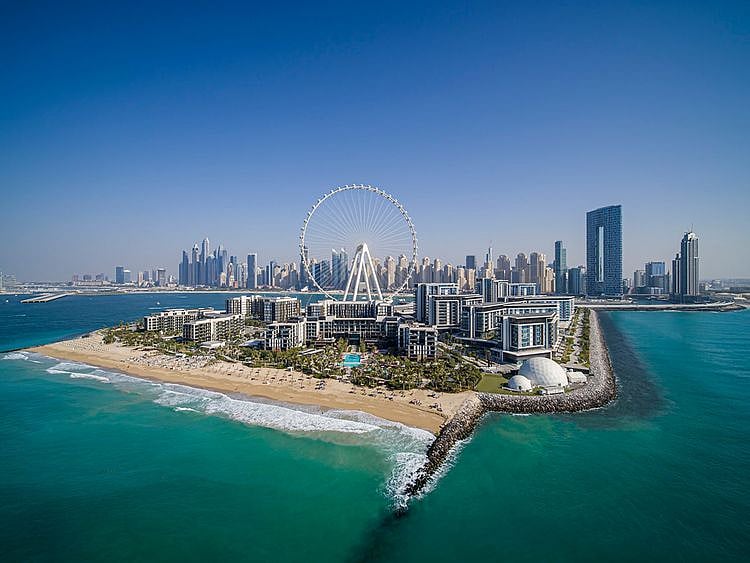Also In This Package
Analysts dwelling on the “oversupply” narrative seem to have all but disappeared in a matter of months. This has been replaced by exuberant prophecies of booming markets, well after the tide had already turned. This brings into mind the humorous quote of a political leader who apocryphally claimed: “There go my people: let me find out where they are going so that I can lead them…”.
A useful aphorism in analysis is that if you have an interesting and coherent story to tell, you can frame it in a model. If you cannot, the story is incoherent. This is equivalent to a weather forecaster saying that while he did miss the storm, he did so in an interesting and coherent way. The problem with this modular way of thinking is that although it gives an air of Ricardian rigor, its foundations do not bear relation to the messy complex entanglements of human behavior.
It excludes the force of money because money itself is irrational, unstable and volatile. This implies that models themselves often become an exercise of ‘curve fitting’, by resorting to hindsight.
So why are prices rising, despite the post COVID-19 trauma that’s till lingers in the everyday economy? It partly stems from the acceleration effect that the pandemic created, causing prices to drop precipitously, and then reach levels where demand was stimulated. Especially at the upper end, which had suffered the most in the preceding period.
How long will bounce last?
There are other contributing factors to this, not least being the endogenous reforms that have been enacted by the government to stimulate foreign investment and create new jobs. Now that the housing market has attracted such universal attention, concerns obviously shift to whether the rally is sustainable, which is understandable, given the events of the past.
However, there is no agreed upon definition of a price bubble, which in everyday parlance appears to mean that prices have simply gone up a lot and therefore they may come down again. This once again frames the question in an opaque manner - The real issue facing homeowners is whether the most important purchase that they will ever make in their lifetime will function as a store of wealth over the long term.
Micro-markets
The answer to this question lies not only in long term price trends, but also in individual sub markets where jobs are created. In Dubai, the 2011-2014 boom was dominated by the affordable segment, in the current, it has been the luxury segment that has boomed, and similar to the 2004-08 price trajectory. In both cases, it is apparent that confidence has been a function of regulatory oversight, into factors that have protected the small investor.
It is this typical small investor that has been the driving force behind market moves. Confidence enters the picture here, ephemeral in nature, nurtured by regulatory changes that allows for capital to be allocated in a productive manner. That leads to a collective bargaining position where formation of capital feeds on itself in a virtuous cycle.
The problem with Dubai’s real estate market has never been one of oversupply. Rather, if anything, it has related to issues such as service fees and stalled projects, where investors have felt that their capital has been placed in jeopardy. These have always been part and parcel of any maturing market, and that is why as markets become exuberant, investors and end-users should spend less time figuring out the terminology around bubbles (both positive and negative).
The biggest concern should rather be on the quality of the asset being purchased, the community around it, the access to mortgage financing, the maintenance of the asset in question, and the ability to move up the ‘house ladder’ over time. The freewheeling system of real estate capitalism and the resultant gentrification has led to other cities become a ghost of their former selves, losing the souls that defined them. Dubai has made it its mission to allow for the most precious asset (housing) to be as widely available as possible since the onset of freehold in 2002.
Perhaps the setbacks of stalled projects or the problem of service fees will serve as a litmus test to the durability of such booms, proving to be either speed bumps or barriers towards the goal of widespread ownership. Or perhaps, there will be a new model of capitalism in place, one that takes into cognizance the small stakeholder first in the building of a community. Or perhaps there will be models built that allow for analysts to regain their relevance.
Network Links
GN StoreDownload our app
© Al Nisr Publishing LLC 2026. All rights reserved.
